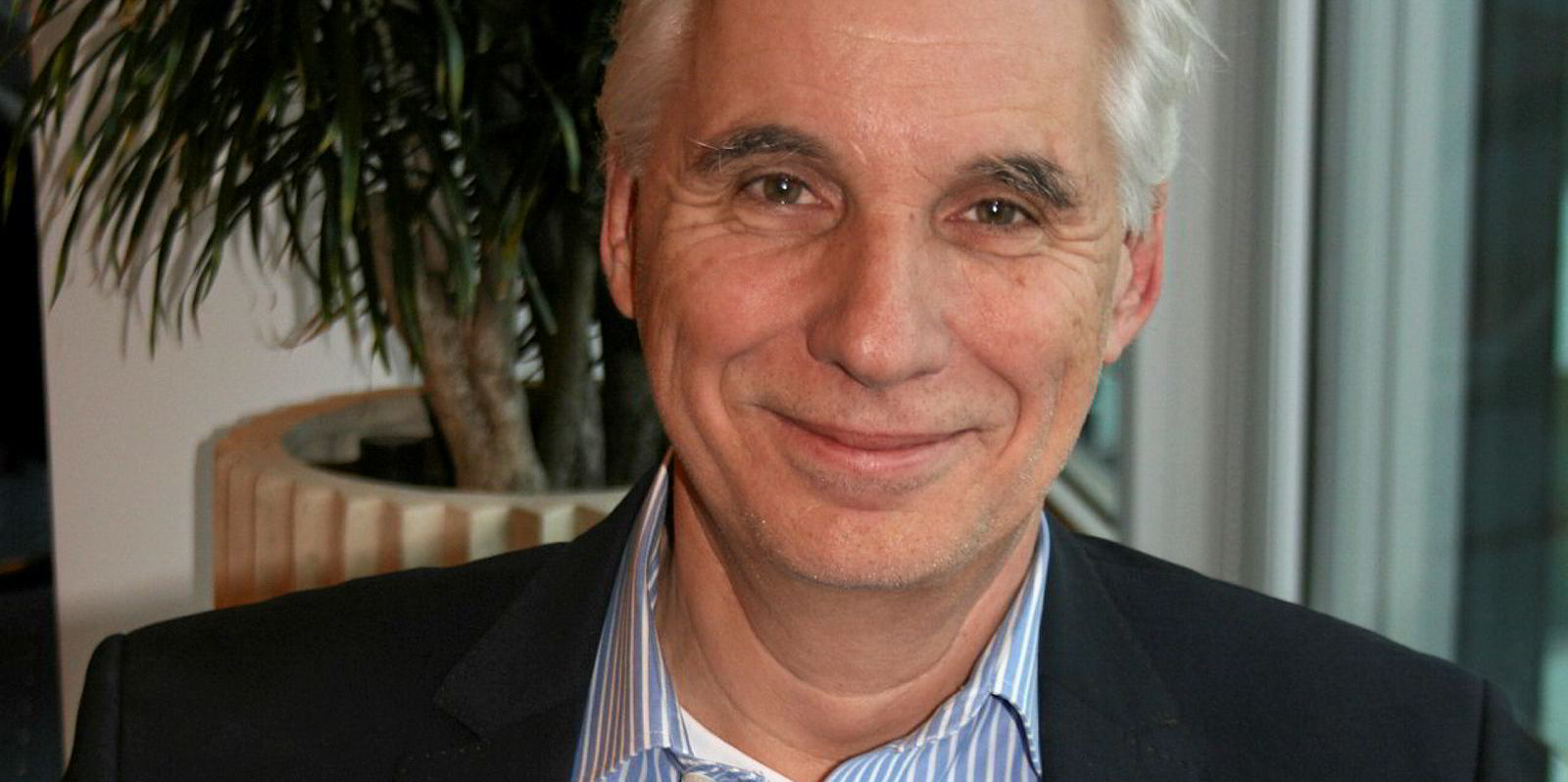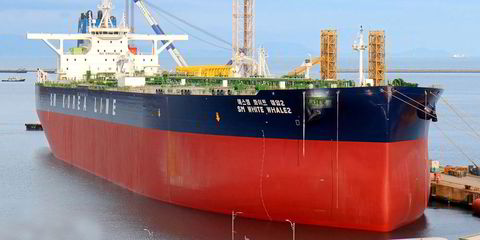Oldendorff Carriers is providing the debut installation for Azipod propulsion technology on the dry bulker sector.
It has selected the technology, more commonly seen on ferries and cruise ships, for two self-unloading bulkers on order in China.
The two 21,500-dwt self-unloading dry cargo transshipment units are due for delivery in 2021 from the Chengxi Shipyard in China.
Each vessel will feature two 1.9MW Azipod units along with a wide range of electric, digital and connected solutions from Azipod maker ABB.
“The choice of Azipod electric propulsion system has reduced the investment costs dramatically as the vessels are already equipped with high power generation required for self-unloading/loading cargo handling,” says Jan Henneberg, newbuilding manager, Oldendorff Carriers.
“These shuttle vessels must perform reliably over an extended period at maximum efficiency, and need to be especially maneuverable in shallow waters.”
Around 95% of Oldendorff’s owned fleet is said to be comprised of ‘eco’ newbuilds delivered since 2014, which are specifically designed for low fuel consumption and reduced carbon footprint.
Juha Koskela, managing director, ABB Marine & Ports described the contract as a “significant breakthrough for Azipod propulsion” reaching a ship type that some suggested would always remain closed to podded propulsion.
“We are especially pleased to add Oldendorff Carriers as an Azipod propulsion reference, considering its reputation for building and operating high quality, reliable and environmentally-friendly ships.”
The newbuild vessels have been developed by Shanghai-based CS Marine design company together with Oldendorff Carriers.
The Azipod propulsion system, where the electric drive motor is in a submerged pod outside the ship hull, can rotate 360 degrees to increase maneuverability and operating efficiency, as well as maximize cargo space on board.
Over the course of close to three decades, ABB has supplied Azipod units for about 25 vessel types, with the propulsion system accumulating more than 15m running hours in total.






